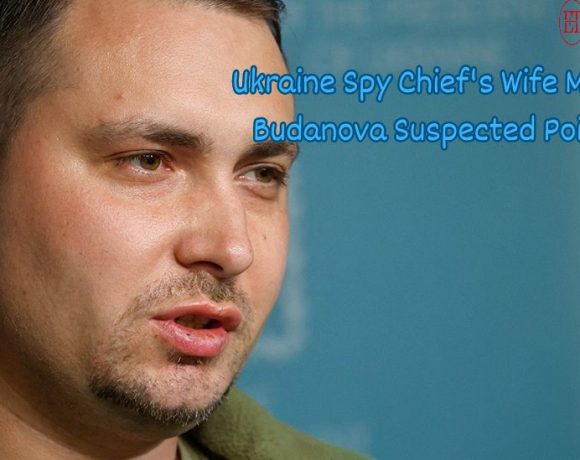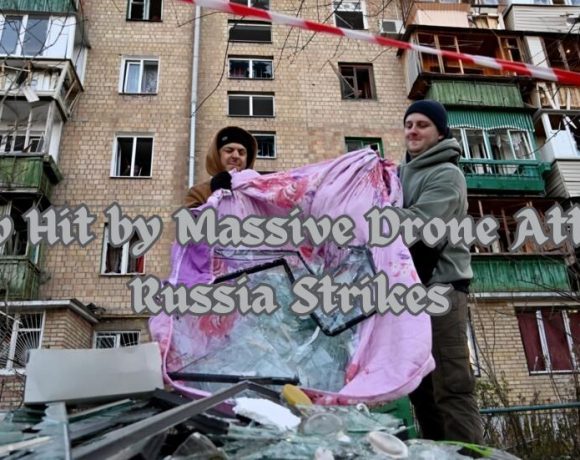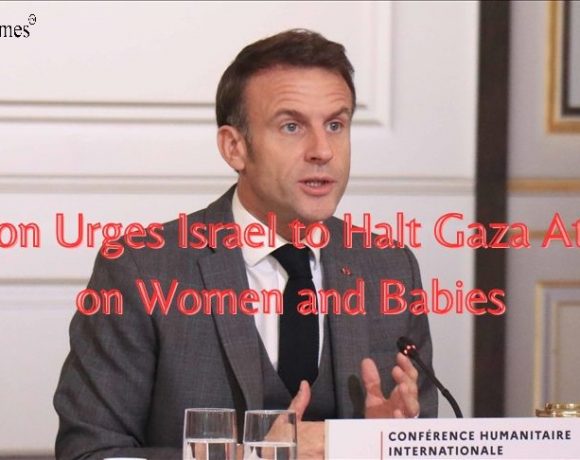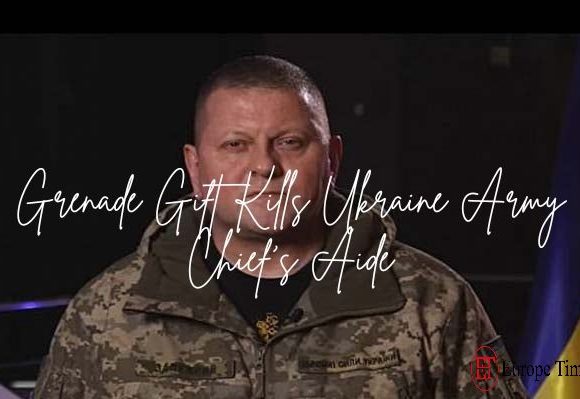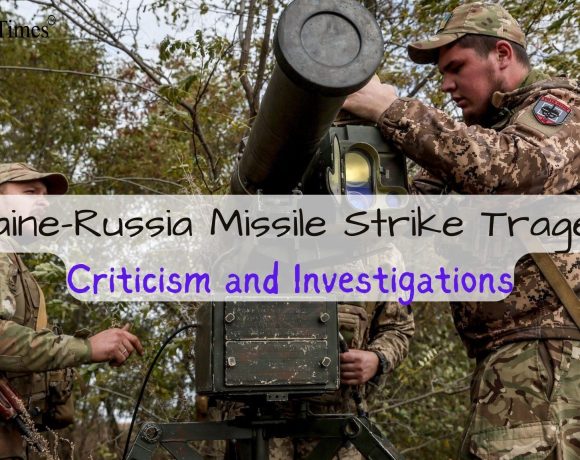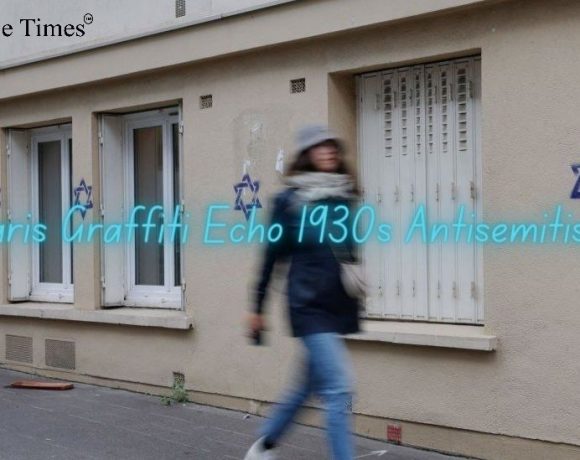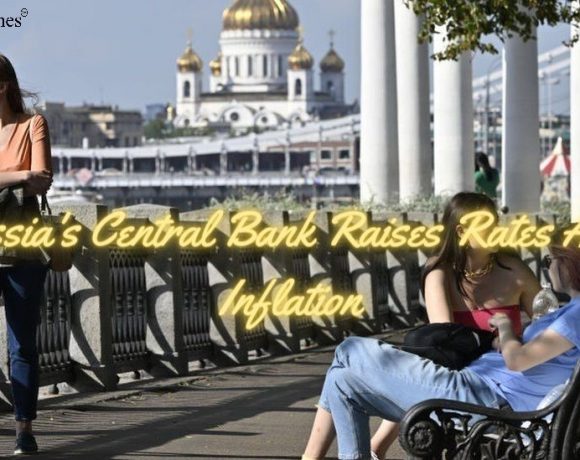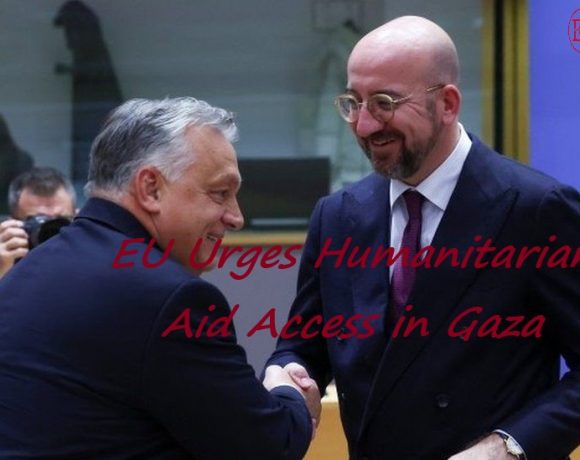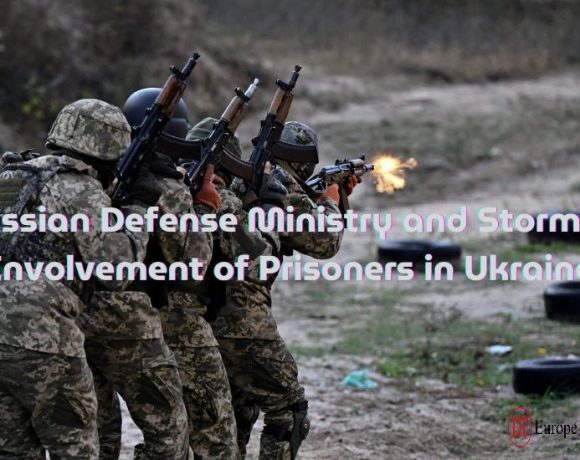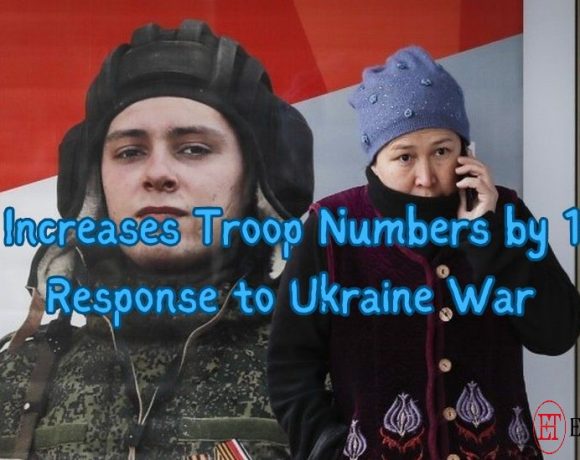
Russian President Vladimir Putin has signed a decree approving a 15% increase in the country’s troop numbers, gradually adding 170,000 personnel to reach a total of 1,320,000. The move, as announced by the defense ministry, is a response to perceived threats, particularly from the expansion of NATO. The ministry emphasized that the augmentation will be carried out through a staged recruitment drive rather than mobilization or changes to conscription procedures.
The rationale behind the decision includes concerns about the “growth of the joint armed forces of [NATO] near Russia’s borders” and the perceived threats associated with Russia’s ongoing military operations, particularly its involvement in the conflict in Ukraine.
Amidst this development, NATO’s recent expansion, which now includes Finland, and Sweden’s application to join, have been highlighted as contributing factors to Russia’s decision. The alliance has clarified that Ukraine’s potential membership is contingent on meeting certain conditions, though a specific timeline has not been specified.
Notably, Ukraine cannot pursue NATO membership while it remains in a state of conflict with Russia. Against this backdrop, Ukrainian President Volodymyr Zelensky has called for reinforcements and enhanced defenses along the front line with Russia, particularly given the challenging weather conditions with temperatures falling below freezing in the region.
Picture Courtesy: Google/images are subject to copyright

